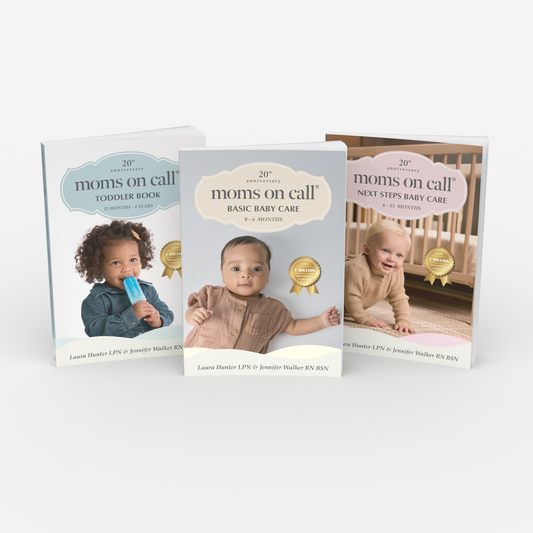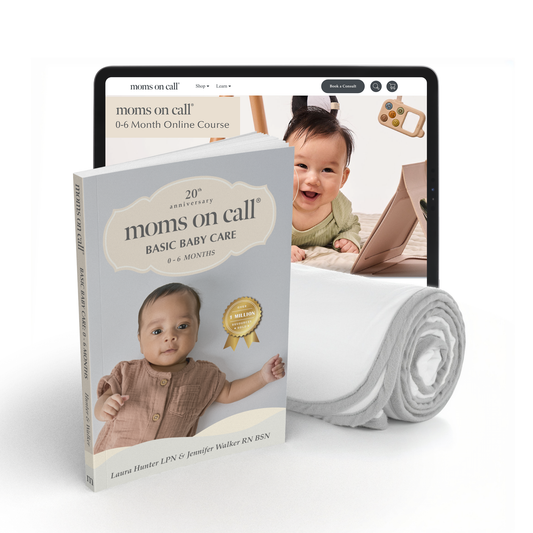Something happens the moment you arrive home from the hospital with your first child. It’s not just that you’re overwhelmed with unconditional love or that you sleep less or that your old clothes don’t fit the same way.
It’s that your marriage changes. Gone are those wide-open weekends with long stretches of unplanned time. Gone are the days when you could both focus on your individual pursuits without worrying much about how to coordinate together.
Marriage with kids, especially young children, represents one of the most radical and yet also most unnoticed changes most couples will experience in their life together. It’s radical because it requires entirely new ways of coordinating your lives together. It’s unnoticed because we’re often too busy trying to keep one or more small children alive to even notice that it’s happening.
If you’re experiencing this change, you’re not alone. According to marriage researcher Jon Gottman, this transition into parenthood results in nearly 2/3 of couples reporting declines in relationship satisfaction.
How can you and your partner stay connected during this time?
Try these 5 strategies:
Strategy 1: Stop striving for fairness.
In our book, The 80/80 Marriage, we argue that you can distill the source of most marital strife into a single word: fairness.
When we strive to make everything perfectly fair, we keep an elaborate mental tally of all our amazing contributions and constantly compare them against our partner’s. Of course, we don’t see much of what they do. So we’re basing these comparisons on flawed data. But we keep score anyway.
What’s the result of this habit? Constant arguing and resentment. It leaves us fighting over who’s doing more, who cares more, and who’s trying harder.
Strategy 2: Bring back generosity.
Remember when you first started dating? For most couples, this was a time when fairness didn’t matter. You didn’t plan an amazing evening with the expectation that your partner now owed you. You did it as a gift.
You can bring this spirit back into marriage with kids by cultivating a mindset we call “radical generosity.”
It’s an experience you can have in real time by doing things like:
- Striving to contribute 80 percent instead of 50 (the move we call 80/80)
- Doing one micro-habit of contribution for your partner every day
- Making them coffee or writing “I love you” on a sticky note
- Noticing what your partner did right (instead of what they did wrong) and then appreciating them with a “thank you”
- Revealing your full experience – your highs and lows from the day – as a gift to your relationship
Strategy 3: Clarify your roles.
Now for the tactical stuff. We asked the couples we interviewed, “How did you determine who does what?” They generally paused, looked at each other awkwardly and said some version of, “I guess we just kind of winged it.” When you don’t have kids, it can work to wing it. When you do, it’s a recipe for conflict.
A better approach is to sit down together and take a closer look at your roles. We recommend that you each grab two sheets of paper. On the first sheet, write out your existing roles.
Then have a conversation:
- Does the distribution of roles seem balanced?
- Are you doing things you enjoy?
- Are you doing things you are good at?
- Are there any tasks you both hate that could be eliminated or outsourced?
Most couples have never had a conversation like this. So it can be truly game-changing. And this conversation sets up the final step. Use your second sheet of paper to write out a new structure of roles.
Strategy 4: Get clear on your values and priorities.
What’s the game you and your partner want to win together? Having a clear answer to this question is essential because there are a lot of different relationship games out there. You might want to win at the game of wealth creation or quality time spent together or philanthropy or going on international adventures. But if you never have this conversation, you won’t win at all.
So it can be helpful to get clear on your values and priorities as a couple. To do this, have a conversation together about what matters most to each of you. You might even write these down in your kitchen so you remember. Then, whenever difficult decisions arise, come back to your values and priorities.
Strategy 5: Put down the phone.
We heard many tragic stories of affairs, divorce, and separation when we interviewed couples. And yet we also heard about subtler, but no less painful, forms of disconnection. And they all involved the phone.
Couples reported that instead of talking or catching up or having amazing sex, they found themselves perched on opposite sides of the bed, scrolling through Instagram, Twitter, and the news. As we all know, these technologies are addictive, and they’re also the ultimate connection killer.
So we recommend considering some of the following guidelines:
- Kick your phones out of your bedroom
- Turn meals into a “no phone zone”
- If you need to check your phone during quality time, ask: “is now a good time for me to send this text?”
- Try phone-free date nights or date walks
If you want to go deeper, check out our book, The 80/80 Marriage, or our website where you can download free materials designed to bring you and your partner back into connection.

Nate and Kaley Klemp were both successful in their careers, consulting for high-powered companies around the world. Their work as mindfulness and leadership experts, however, often fell to the wayside when they came home in the evening, only to end up fighting about fairness in their marriage. They believed in a model where each partner contributed equally and fairness ruled, but, in reality, they were finding that balance near impossible to achieve. From this frustration, they developed the idea of The 80/80 Marriage, a new model for balancing career, family, and love. The 80/80 Marriage pushes couples beyond the limited idea of “fairness” toward a new model grounded on radical generosity and shared success, one that calls for each partner to contribute 80 percent to build the strongest possible relationship. Drawing from more than one hundred interviews with couples from all walks of life, stories from business and pop culture, scientific studies, and ancient philosophical insights, husband-and-wife team Nate and Kaley Klemp pinpoint exactly what’s not working in modern marriage. Their 80/80 model of marriage provides practical, powerful solutions to transform your relationship and open up space for greater love and connection.
























